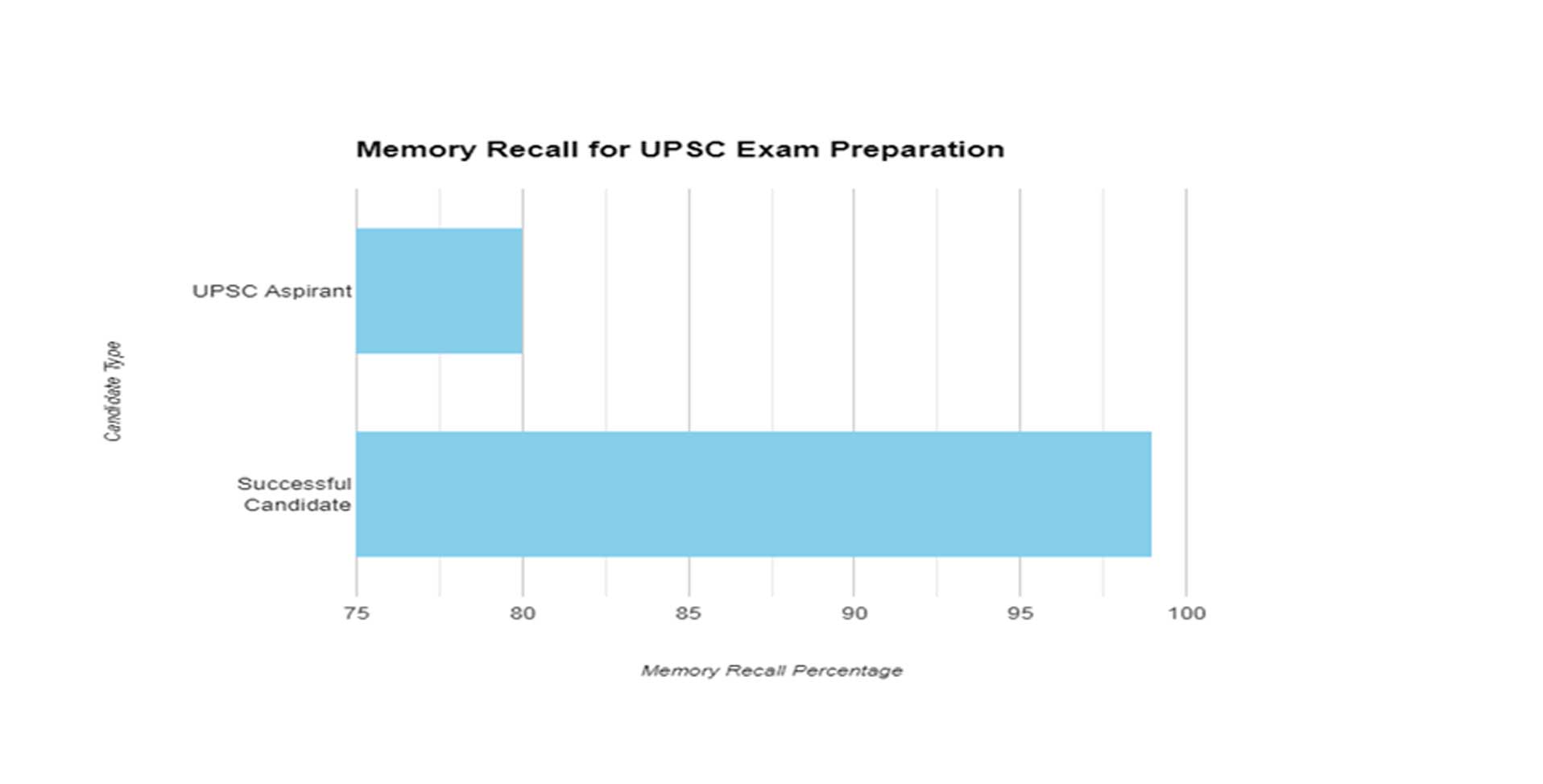Memory Recall: The Cornerstone of Success

The UPSC examination, known for its rigorous evaluation of knowledge and analytical skills, demands exceptional memory recall from aspirants. Mastering this cognitive ability is not merely about rote memorization but involves strategically retaining and retrieving vast amounts of information across diverse subjects.
In the high-stakes world of the UPSC civil services examination, memory recall plays a pivotal role in determining success. The ability to effectively retrieve and utilize vast amounts of information is a key differentiator between average and exceptional performance.
| Characteristic | Average Memory Recall | Very Good Memory Recall |
|---|---|---|
| Retention: | Retains information for a shorter duration. Requires frequent revisiting to maintain knowledge. | Retains information for longer durations. Less frequent revisions are needed to keep concepts fresh. |
| Recall Speed: | Slower recall speed. May struggle to access information quickly under pressure. | Rapid recall speed. Can easily access information during exams, saving valuable time. |
| Accuracy: | Prone to errors and omissions in recalling details. | High accuracy in recalling even intricate details and nuances. |
| Application: | Difficulty applying memorized information to new scenarios or questions. | Can apply memorized information to diverse situations and analyze it critically. |
| Interlinking: | Struggles to connect concepts across different subjects or topics. | Can effectively interlink information from various sources, enhancing understanding and analysis. |
| Organization: | Information may be scattered and disorganized, making it harder to retrieve. | Information is well-organized and structured, facilitating efficient retrieval. |
| Strategies: | Relies primarily on rote memorization and repetition. | Employs diverse memory techniques like mnemonics, mind maps, active recall, and spaced repetition. |
| Exam Performance: | May miss out on answering factual questions or struggle to provide detailed answers in the Mains exam. | Can confidently answer factual questions and provide comprehensive answers with relevant examples and details. |
Key Differentiators:
Depth of Understanding: Aspirants with very good memory recall often have a deeper understanding of the subject matter, allowing them to connect concepts and analyze information more effectively.
Adaptability: They can adapt their knowledge to different question formats and scenarios, showcasing their ability to think critically and apply their learning.
Confidence: The ability to recall information accurately and quickly boosts confidence, reducing anxiety and improving performance under pressure.
While average memory recall might be sufficient to clear the UPSC exam, a very good memory recall can be a game-changer, providing a significant advantage in terms of speed, accuracy, and depth of understanding. By actively working on improving their memory recall, aspirants can unlock their full potential and increase their chances of success in the UPSC examination.